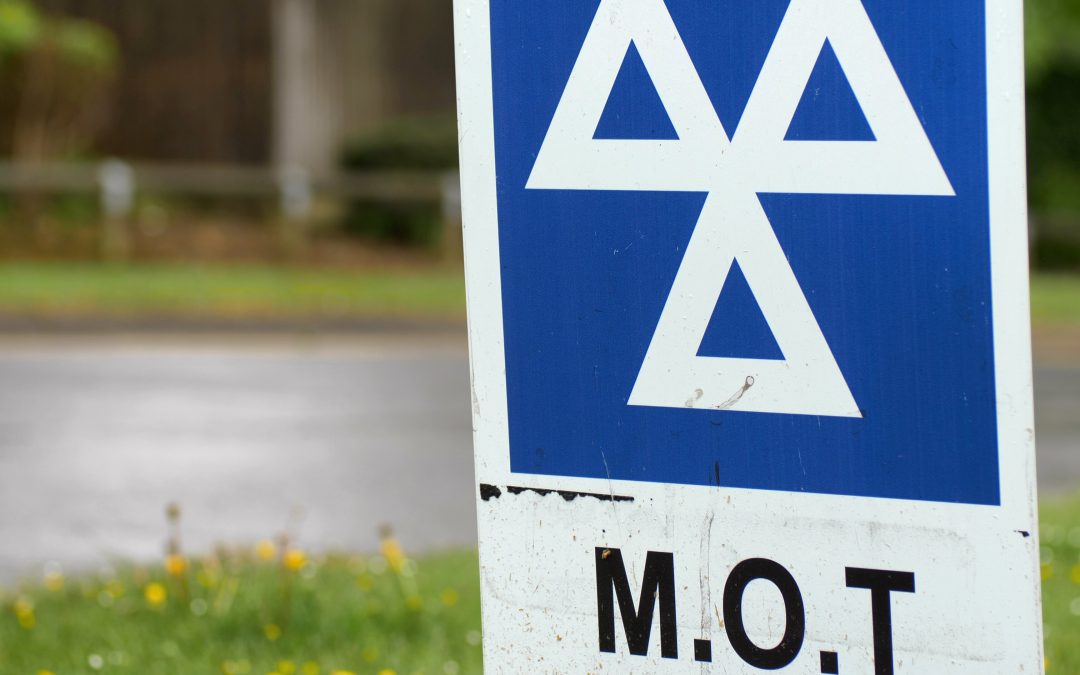Vehicles aged three years or older are obliged by law to undergo an annual MOT (Ministry of Transport) test to ensure roadworthiness. This comprehensive MOT guide provides a detailed overview of the testing process, covering essential information such as the examination criteria, steps to take in case of failure, and a thorough MOT checklist to facilitate your test preparation.
Before the MOT
This section outlines crucial considerations for vehicle owners leading up to their annual MOT checks. It addresses questions regarding when to schedule an MOT test, the repercussions of expiration, and the consequences of driving without a valid MOT certificate.
Preparation for an MOT Test
Discover the necessary steps to prepare for your MOT test, including checking the expiry date, finding out when your MOT is due, and understanding the implications of driving without a valid MOT certificate. Additionally, learn about potential MOT exemptions for vehicles that have been recalled and explore the risks associated with driving without a valid MOT.
Complete MOT Checklist
This section presents a detailed pre-MOT checklist, offering practical tips to enhance your vehicle’s chances of passing the test. Covering aspects such as cleanliness, lighting, tyre conditions, fluid levels, and more, this checklist empowers you to proactively address potential issues and avoid inconvenient situations if your vehicle fails the test.
MOT Inspection Overview
Get insights into the MOT inspection process, where various vehicle components are examined for compliance and safety. Understand the key areas scrutinised during the test, including electrical equipment, steering, brakes, bodywork, exhaust, emissions, lights, seats, seatbelts, and more.
MOT Cost and Locations
Learn about the cost of an MOT test, which varies depending on the type of vehicle. Discover potential advantages of choosing a council MOT test centre, and understand the factors that may influence pass rates. Gain insights into the duration of an MOT test and the areas covered during the inspection.
MOT Exemptions and Common Failures
Explore exemptions for vehicles aged 40 years or more, and delve into the common reasons for MOT failures based on data from previous years. Understand the defect categories and percentages associated with lights, suspension, brakes, tyres, and other components.
Dealing with a Failed MOT
In case your vehicle fails the MOT, this section provides guidance on the steps to take. Understand the categorisation of defects as dangerous, major, or minor, and learn about the options available for repairs, retests, and the importance of addressing any noted advisories.
Post-MOT Considerations
Discover what to do after your vehicle successfully passes its MOT, including understanding advisory notes and addressing minor faults. Learn why these advisories should not be ignored, as they may impact future MOT tests and the resale value of your vehicle.
For more information or to book your next MOT contact us on 01489 662 000 or sales@segensworth-automobiles.co.uk
